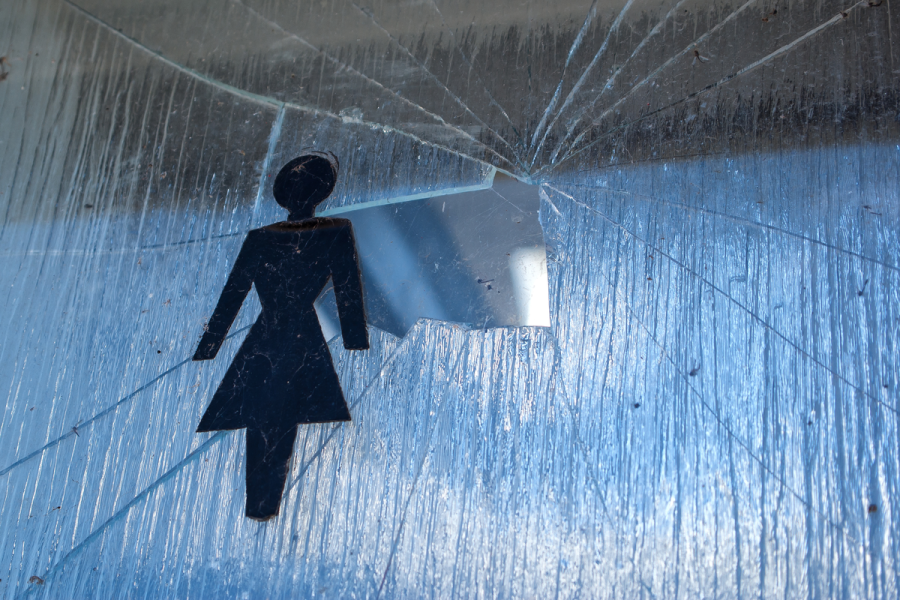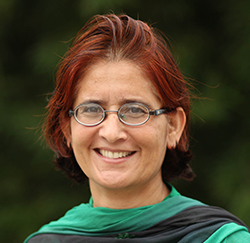Columns
No safe space
Women who faced sexual violence during the 10 years of the Maoist armed conflict continue to suffer.
Susan Risal
The world is marking International Day for the Elimination of Sexual Violence in Conflict on June 19. The aim is to make countries and people aware of the need to end conflict-related sexual violence, and honour the victims and survivors of sexual violence. Some progress has been made on this front with the recognition of conflict-related sexual violence under International Humanitarian Law, International Criminal Law and International Human Rights Law. The Convention on the Elimination of Discrimination against Women (CEDAW) has also upheld the right to equal access to justice. Although these laws acknowledged sexual violence conducted in times of conflict or in peacetime as a human rights violation, countries which saw armed conflict—Nepal among them—have launched no major initiatives to address the multiple needs of women who faced sexual violence.
The adoption of United Nations Security Council Resolutions 1325 and 1820 provided the political framework and roadmap for the participation of women in the peacemaking process, and in addressing cases of sexual violence that occurred during armed conflict. In 2011, Nepal formulated its first National Action Plan on Resolutions 1325 and 1820, but it has not been able to make any significant contribution to changing the lives of women who faced sexual violence.
Continue to suffer
It has been almost 15 years since the peace accord in Nepal. However, women who faced sexual violence during the 10 years of the Maoist armed conflict continue to suffer. The special needs of these women have always been sidelined by the Nepali peace process. They have also been pushed aside in the name of addressing major unanticipated events like the 2015 earthquake and now Covid-19. However, women were disproportionally affected during the armed conflict and major unanticipated events. They were forced to face extreme violence at the time of the conflict, and they also underwent greater suffering during the earthquake and coronavirus pandemic.
Even 15 years after the peace accord, the government has not acknowledged the women who faced sexual violence as conflict victims, or provided any peace dividends for their contribution to changing the system. This is a blatant example of the subjugation, humiliation and marginalisation of these women. Due to the large scale of political violence and power dominance, women who faced sexual violence are still living with memories and flashbacks of the harrowing incidents they faced during the Maoist conflict.
In the absence of safe spaces, they have not been able to ventilate their multilayered traumas which are still making them psychologically and physically weak. Many of them are in a life and death situation due to a lack of money for getting regular treatment and accessing medication, especially in this time of Covid-19. Many have also cut their spending on regular medicines and used the money to buy mobile sets and data for their children so that they can join online classes.
In addition, the women who faced brutal violence were mostly from marginalised communities living below the poverty line. These women were used as human shields on the battlefield, and they faced brutal torture and violence. In the initial stage of the brutal incident, many were very young and able to sustain themselves by doing any kind of work that comes across. However, now after this long period of time, they are ageing and their bodies are not able to do any heavy work due to the brutal violence they suffered during the conflict. The effect of the brutal violence and torture inflicted on their bodies is clearly shown by their inability to sit in one position for more than 2 hours. Their backs also start to swell when they do heavy work.
Our government and leaders do not have time to look back and examine the effects of the harm inflicted on women during the armed conflict. They can change any policy they like for their own benefit by going beyond the constitution, and bring the country to a chaotic situation for their stinky power games. But the irony is that they cannot bring any policy and initiate action to save women who faced sexual violence while they have every right to live with long-term support from the government.
So says the accord
Article 7.1.1 of the Comprehensive Peace Accord states, ‘Both sides reiterate their commitment to the respect and protection of human rights and to international humanitarian law and accept that nobody should be discriminated against on the basis of colour, gender, language, religion, age, race, national and social origin, wealth, disability, birth and other status, thought or belief.’ However, women who faced sexual violence at the time of the armed conflict are still facing discrimination from the state policy as well as from their family and community. Many of them have also been thrown out of their houses after their cases became known to their family members who did not understand that the incident that occurred was not their mistake.
Further, Article 7.1.3 states, 'Both sides express the commitment that impartial investigation and action as per the law would be carried out against the people responsible in creating obstructions to the exercising of the rights envisaged in the letter of agreement and guarantee not to encourage impunity. Apart from this, they shall also guarantee the right to relief of the families of the conflict and torture victims and the disappeared.' But the women who faced sexual violence were never brought into the circle of this policy and plan. This omission of the government is reinforcing the persistent structural violence and contributing to subjugating these women. In this scenario, it is necessary to analyse the patterns and trends of such violence and identify the perpetrators so that they can be punished and the women socially and culturally established, otherwise history will raise questions again and again against these warlords and their fanatical followers for every injustice suffered by the women who faced sexual violence during the armed conflict in Nepal.




 13.12°C Kathmandu
13.12°C Kathmandu















